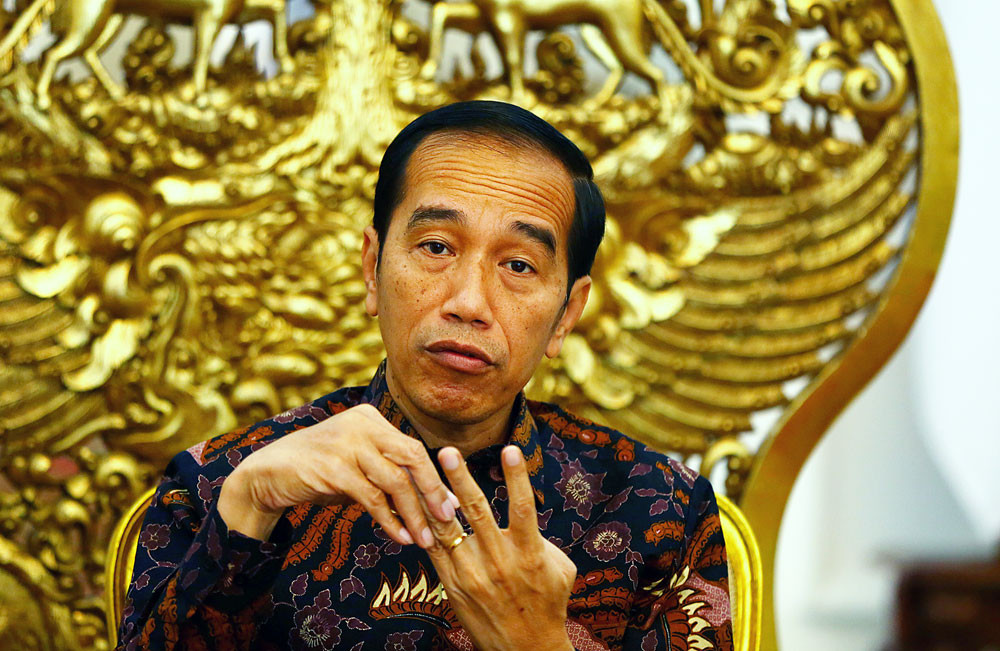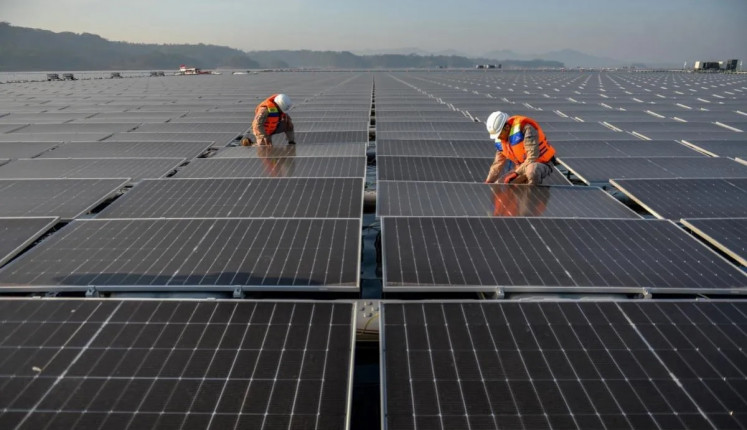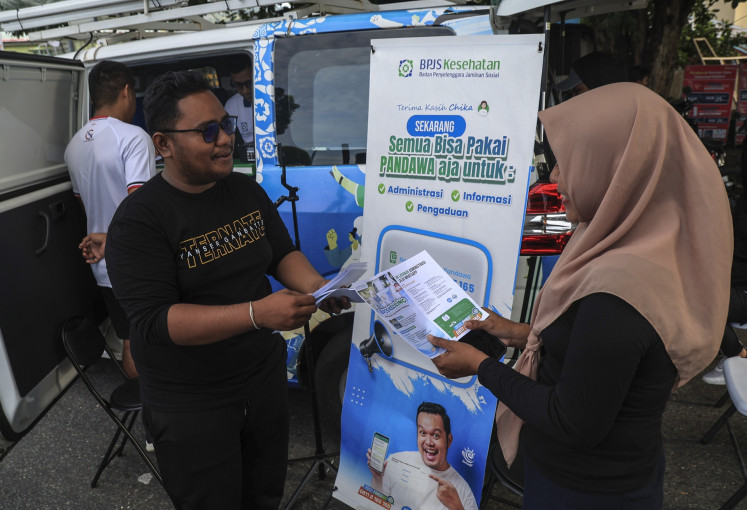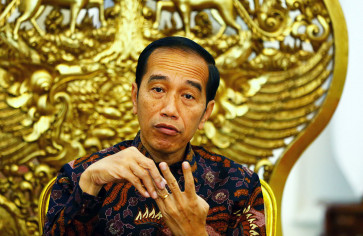Popular Reads
Top Results
Can't find what you're looking for?
View all search resultsPopular Reads
Top Results
Can't find what you're looking for?
View all search resultsJokowi’s new priority: Improving governance
As President Joko ”Jokowi” Widodo prepares to appoint his Cabinet for his second and final term, the public is eagerly waiting to see who gets what. But the most important issue for Jokowi should be how to balance the need to form a professional, technocratic Cabinet and the necessity to accommodate the interests of his coalition. #opinion
Change text size
Gift Premium Articles
to Anyone
A
s President Joko ”Jokowi” Widodo prepares to appoint his Cabinet for his second and final term, the public is eagerly waiting to see who gets what. But the most important issue for Jokowi should be how to balance the need to form a professional, technocratic Cabinet and the necessity to accommodate the interests of his coalition.
In the end, the new Cabinet is expected to be a mix of professionals handpicked by Jokowi and those proposed and backed by political parties. But whatever its final composition, the primary goal of Jokowi’s Cabinet should be to improve governance in his second term in order to deliver his programs.
Indonesian governance has shown improvement in recent years, but the country still lags behind other emerging economies.
The World Bank’s Worldwide Governance Indicators (WGI) ranks Indonesia somewhere in the middle between Nigeria at the bottom and Singapore at the top. The WGI looks at the six aspects that shape the governance of a country: accountability, political stability, government effectiveness, regulatory quality, rule of law and control of corruption. Singapore received the highest mark, scoring 100 in almost all indicators.
The WGI covered the 10-year period between 2007 and 2017 at intervals of 5 years. Within these periods, Indonesia’s governance indicators improved, except in accountability, which remains stagnant at 51. Between 2012 and 2017, Indonesia displayed progress in several indicators such as government effectiveness, regulatory quality and rule of law.
Indonesia’s control of corruption improved significantly from 31 in 2012 to 48 in 2017. However this is well below Singapore, which scored 98. This indicates that “uncontrolled corruption“ in Indonesia remains at a high level. The recent arrest of Riau Islands governor only confirms this trend.
Improving governance is mostly about building a strong and effective bureaucracy. President Jokowi has repeatedly spoken about the need for bureaucratic reform, and shown impatience with bureaucratic inertia in implementing his programs. The reforms should aim at building a modern, impersonal, merit-based bureaucracy that is competent and effective in delivering public goods and services.


















